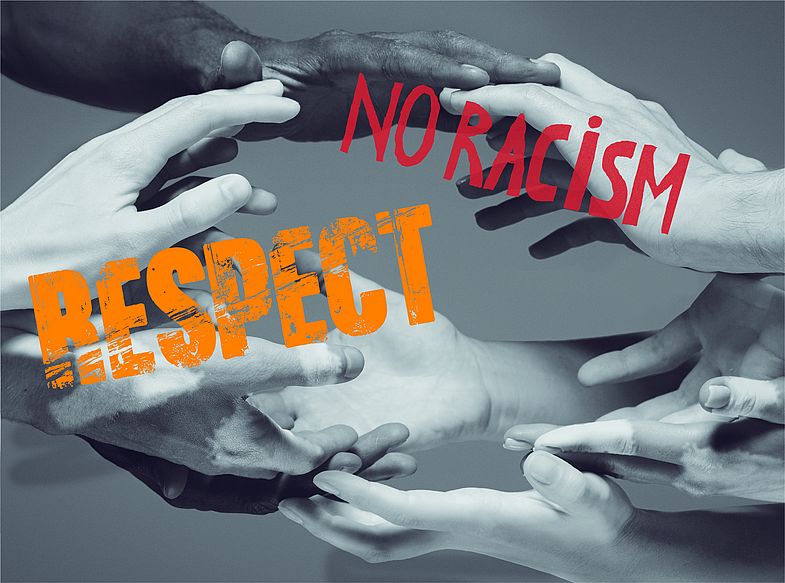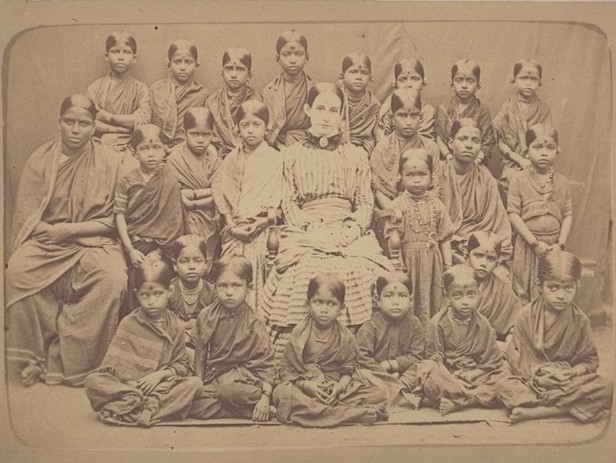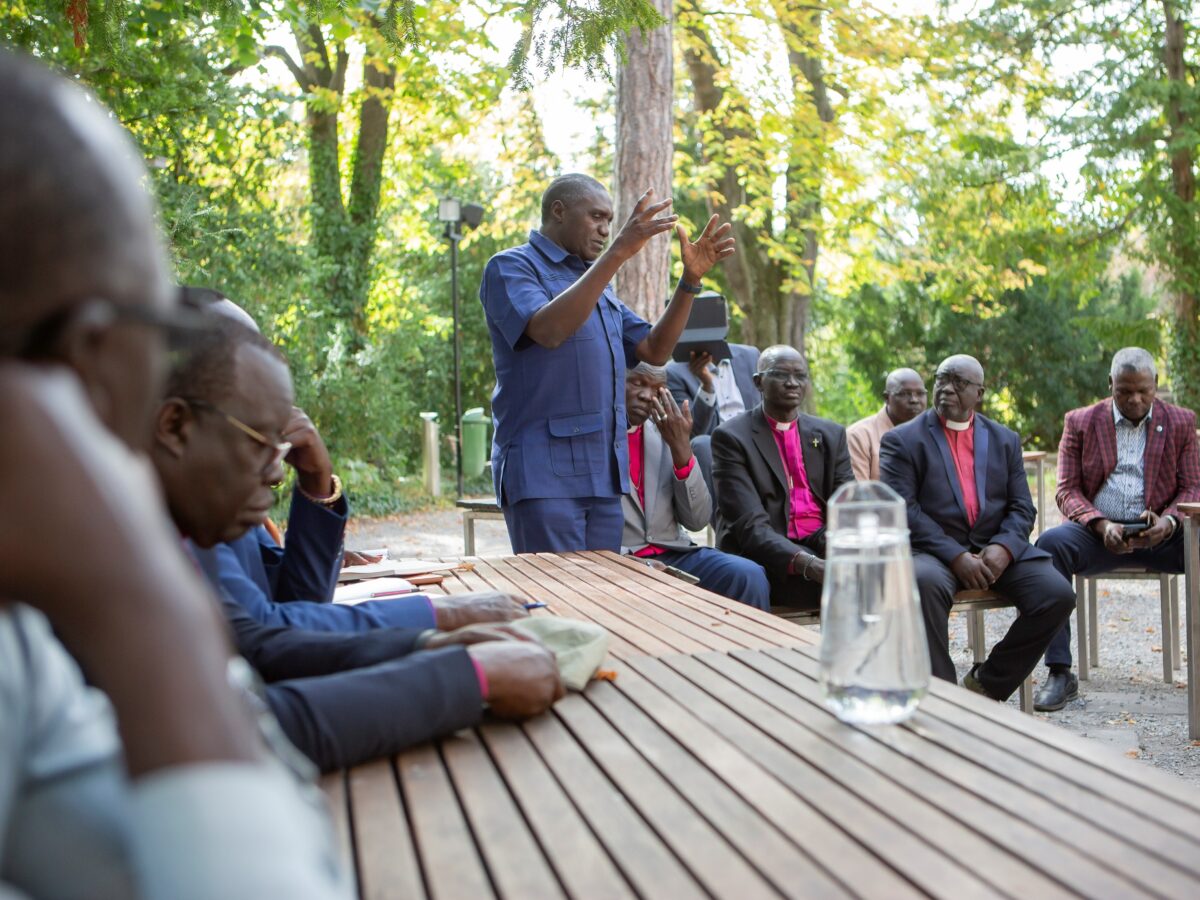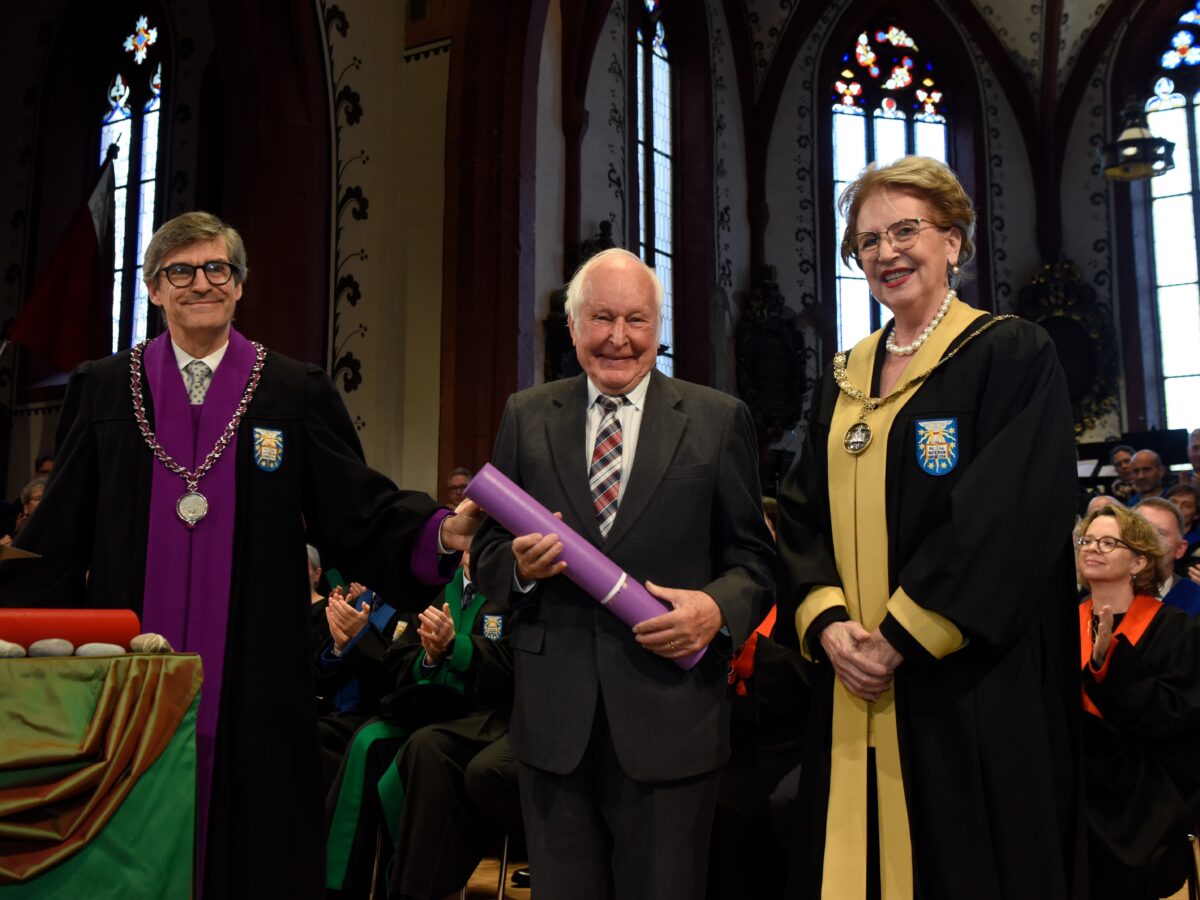A Muslim, a Jew and a Christian, these words already create images in many people's minds. Maybe these images include headscarves, different skin colors or other characteristics, maybe the images look completely different.
"We all think in stereotypes. That's partly how our brains are programmed, partly how we grew up. Nobody is immune to that," says Dr. Nora Refaeil. That's why, for the vice president of the Federal Commission against Racism and lecturer at the University of Basel, "it's important to acknowledge and realize this, That it always requires careful, circumspect looking, listening, and inquiring of oneself and others."
Zeinab Ahmadi, the former head of education at the House of Religions in Bern, agrees. "It's important that we admit mistakes and that we learn our lessons from them." In anti-racism work, she says, that is of central importance.
Ideas that do not apply
All three guests have themselves experienced discrimination based on their religion and cultural background. "As a minister, I'm accepted as long as I fit the image of a happy, clappy gospel preacher," says author, lecturer and minister Dr. Scotty Jermaine Williams. "But when I take action and address things from my perspective as a black theologian, I become noticeably marginalized."
Racism has different faces, Nora Refaeil points out. "A central element of racism is that what people imagine about others is not necessarily true." These ideas are often based on stereotypes, which can lead to a person being treated unfairly and disparagingly. Zeinab Ahmadi cites as an example the difficulties in the housing market, where studies show people with foreign-sounding names are generally disadvantaged.
Both Scotty and Nora Refaeil note that they have also been racialized by liberal progressives.
Sacred Scriptures need context
Religions are known to play a major role in the history of racism. Central to this, however, is always the interpretation of the respective holy scriptures, all three guests emphasize.
Scotty Williams brings in the so-called cursing of Ham by Noah in the Old Testament as an example, "Theologians who supported slavery. postulated that Noah had cursed his son Ham and that from him all African people would descend." Thus would have these Theologians justified why so much bad was happening to blacks.
To break through such false, traditional interpretations, Scotty Williams is convinced, it takes well-trained pastors. "I became a pastor to have one foot in the university and the other in the church, to be able to say these interpretations are wrong."
Zeinab Ahmadi and Nora Refaeil emphasize that the correct contextualization of the holy scriptures is central. None of the three religions, Islam, Judaism and Christianity, is immune from promoting structural racism. "Those who want to discriminate can refer to the holy scriptures. And those who don't want to discriminate can refer to them just as much."
In Judaism, it's "more the issues of exclusion within the Jewish community," says Nora Refaeil. "For example, toward women or liberal people." Zeinab Ahmadi also had to experience this. In her work at the House of Religions, it was made clear to her several times that as a Muslim woman she was not equal to a Muslim man.
Breaking bread together against racism
It is precisely because religions can provide breeding grounds for racist interpretations that it is especially important for religious practitioners to advocate for antiracism.
"I realized there was a need for spaces where religions could meet," says Zeinab Ahmadi. "With food," adds Scotty Williams. "Everyone loves to eat. With a shared meal, we discover common humanity." He says that's something that's always forgotten in his eyes. "Racists forget that the people they hate are human beings." And we anti-racists sometimes forget that racists are also human beings, created and loved by God." And that they too can change, Scotty Williams adds. That comes back to us when we break bread together, he adds.
Samuel Rink






